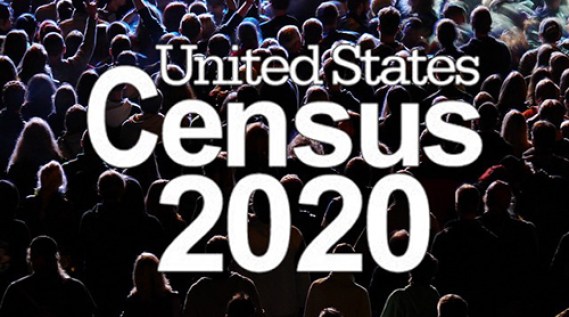LGBT and citizenship in the 2020 census

April 26, 2018
This year, the National Census will be asking two new relationship questions regarding orientation. There are now boxes that can be checked for “same-sex unmarried partner” and “same-sex husband/wife/spouse.”
The reason for this addition is that numbers of LGBT+ people previously have been incorrectly estimated through use of other questions that are not specific to orientation, and same-sex couples are a significant part of the American population.
Even with these new questions, however, there is no way of knowing the specific percentage of LGBT+ people there are in the United States. Though the questions are a victory regarding LGBTQ+ rights, it is not enough for people to truly feel represented or counted. Especially when an initial survey draft included sexual orientation and gender identity questions such as identifying oneself as gay or lesbian, straight, bisexual, other, or not knowing/preferring not to answer the question. Those questions were proposed for the U.S. Census and shut down after a draft of the upcoming census was released.
Since those questions were removed, there are not any sufficient questions related to transgender, bisexual, gay, lesbian, non-binary, or queer people that will help with their representation as citizens.
In addition to this, over 17 U.S. States are currently suing the Trump administration for placing a citizenship question in the 2020 census. There has not been a question like that on the standard census since the 1950 census.
Six different cities including Washington D.C. are joining them in an effort to get the question removed before the census is released. Seattle and Washington have both joined the legal battle.
Many have called the administration’s act an attack on immigrants living in America. Nearly 7 percent of people living in the United States are not citizens of the country.
There are also officials, experts, and opposing governors fears adding the question to the common Census will have a major impact on the States and its noncitizens. The census, which happens every 10 years, is used to distribute House of Representative seats per State, as well as to distribute Federal funding to the public, and create a complete and accurate census which is the public’s constitutional right. Adding a question about citizenship could potentially cause people to decline taking the survey out of fear of being targeted by the Trump administration, their Department of Justice, the Census Bureau, and being deported or displaced. The lack of people who would answer census questions because of the citizenship question would cause a serious resident under count.
Whether or not the states and cities win the law suit or LGBT questions are erased by the Administration, the census will go on April 1st of 2020.





